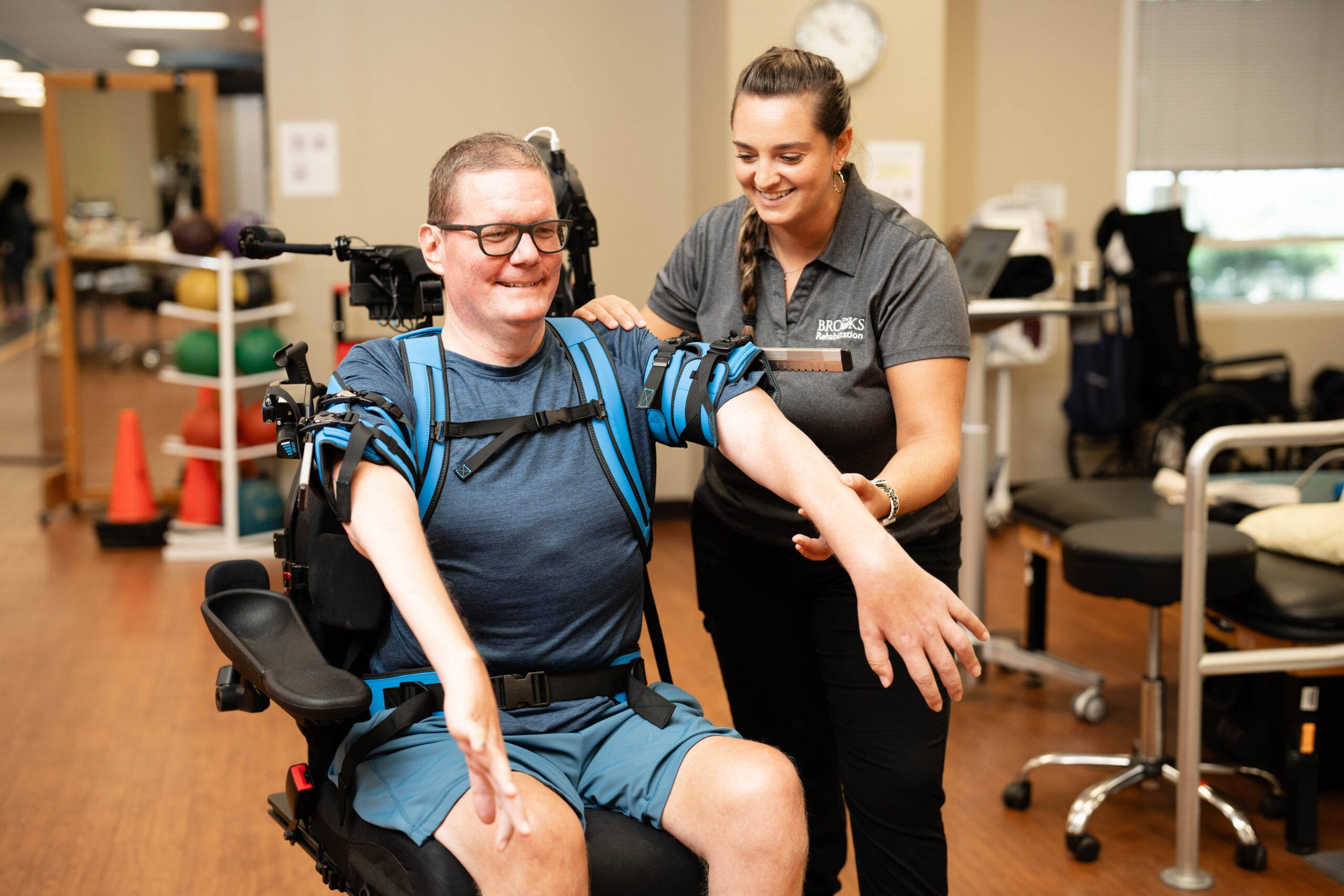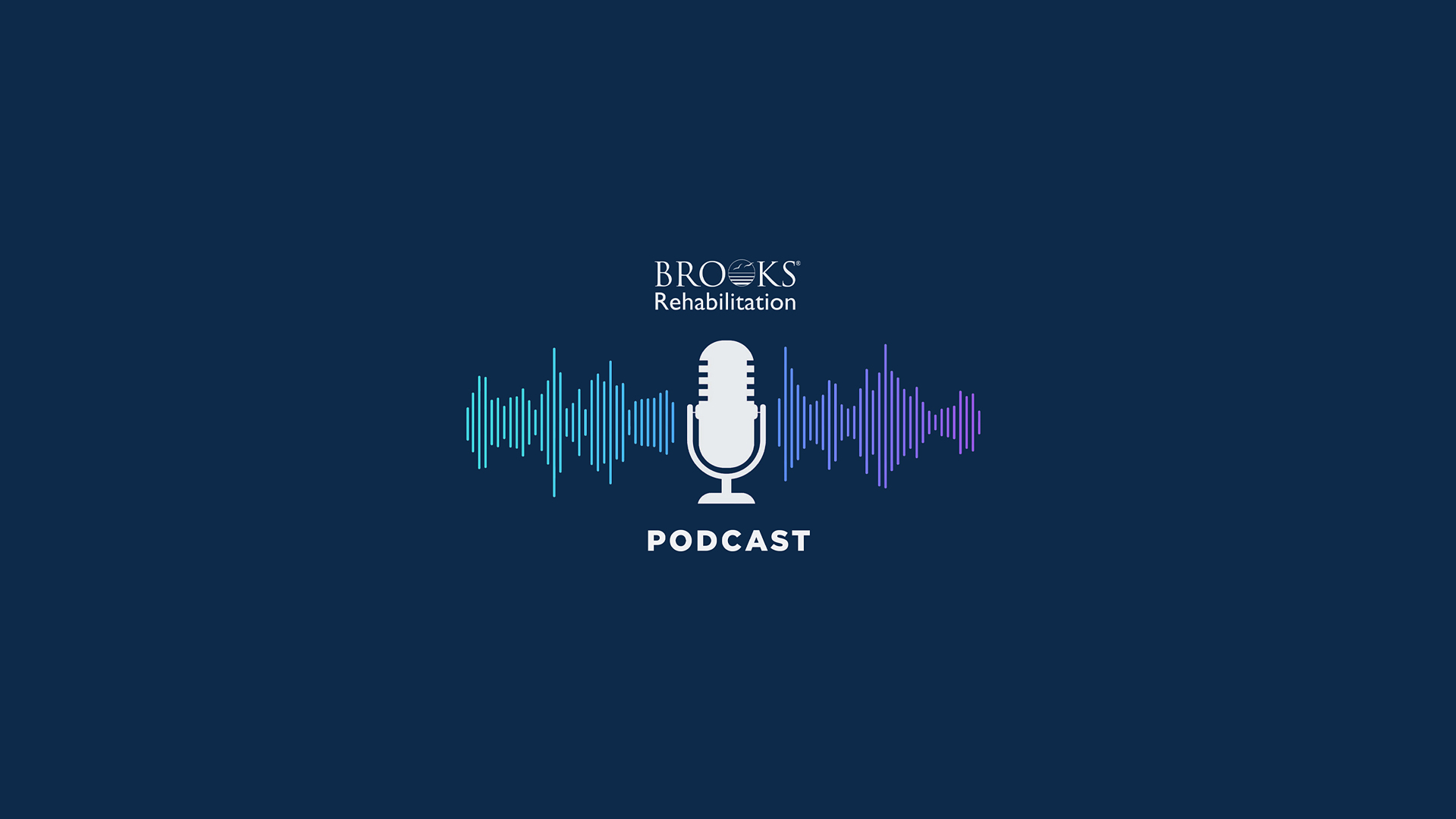Our services
Need physical therapy, occupational therapy, speech therapy, cognitive or behavioral therapy? We have the right care setting with the right service to empower you to achieve your highest level of recovery.
Conditions we treat
As a leader in physical rehabilitation, we provide comprehensive rehabilitative services for multiple physical and neurological conditions for both adults and pediatric patients.
Get started at Brooks Rehabilitation
Latest News and Health Resources from Brooks
Education and guidance to support your recovery
Joanne Hoertz Receives 2025 HealthImpact Daisy Nurse Leader Award
Senior Vice President and Chief Nursing Officer at Brooks Rehabilitation, Joanne Hoertz, RN, MSN, CRRN, has been recognized as a 2025 honoree for the prestigious HealthImpact Daisy...





